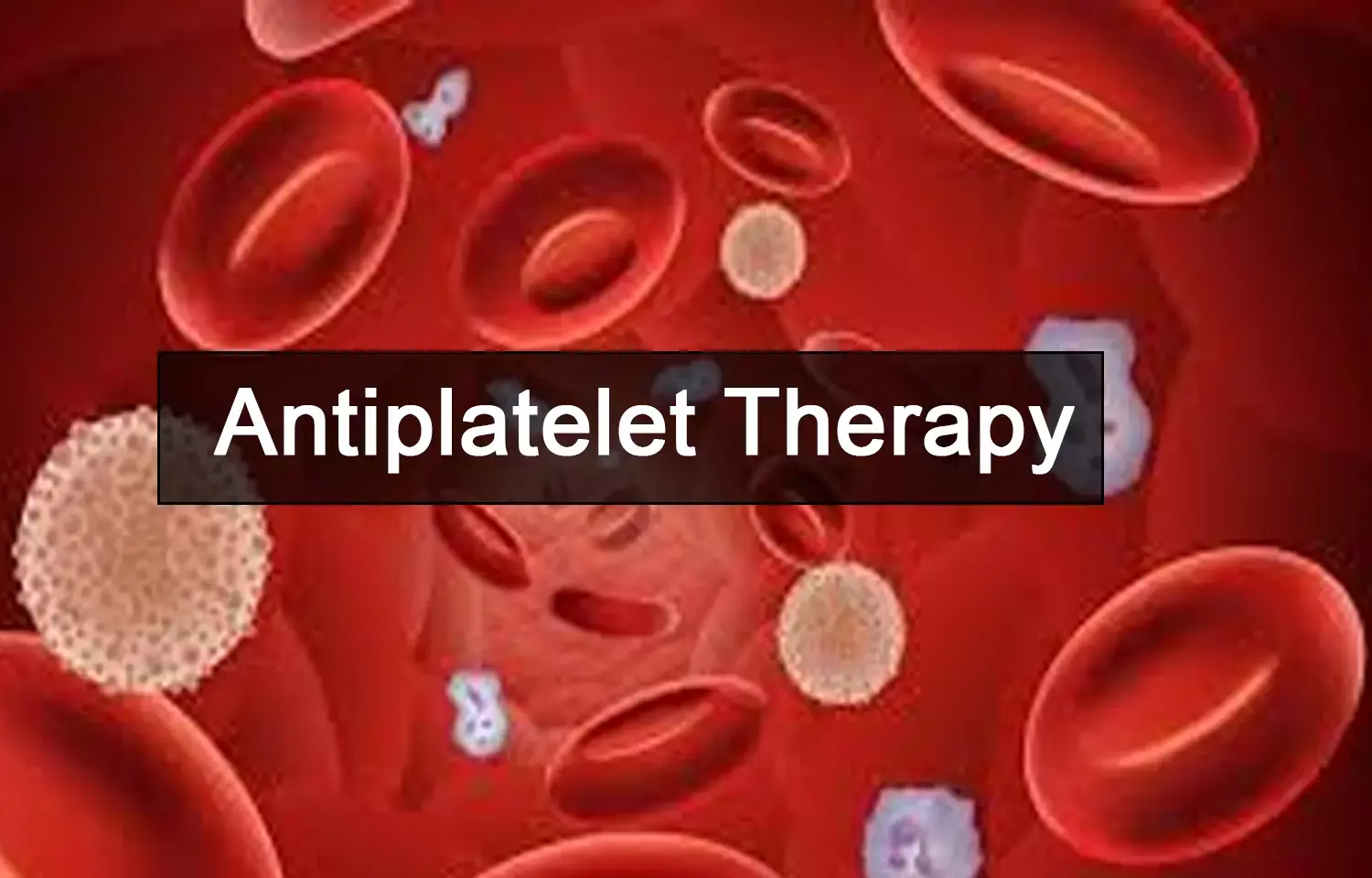- Home
- Medical news & Guidelines
- Anesthesiology
- Cardiology and CTVS
- Critical Care
- Dentistry
- Dermatology
- Diabetes and Endocrinology
- ENT
- Gastroenterology
- Medicine
- Nephrology
- Neurology
- Obstretics-Gynaecology
- Oncology
- Ophthalmology
- Orthopaedics
- Pediatrics-Neonatology
- Psychiatry
- Pulmonology
- Radiology
- Surgery
- Urology
- Laboratory Medicine
- Diet
- Nursing
- Paramedical
- Physiotherapy
- Health news
- Fact Check
- Bone Health Fact Check
- Brain Health Fact Check
- Cancer Related Fact Check
- Child Care Fact Check
- Dental and oral health fact check
- Diabetes and metabolic health fact check
- Diet and Nutrition Fact Check
- Eye and ENT Care Fact Check
- Fitness fact check
- Gut health fact check
- Heart health fact check
- Kidney health fact check
- Medical education fact check
- Men's health fact check
- Respiratory fact check
- Skin and hair care fact check
- Vaccine and Immunization fact check
- Women's health fact check
- AYUSH
- State News
- Andaman and Nicobar Islands
- Andhra Pradesh
- Arunachal Pradesh
- Assam
- Bihar
- Chandigarh
- Chattisgarh
- Dadra and Nagar Haveli
- Daman and Diu
- Delhi
- Goa
- Gujarat
- Haryana
- Himachal Pradesh
- Jammu & Kashmir
- Jharkhand
- Karnataka
- Kerala
- Ladakh
- Lakshadweep
- Madhya Pradesh
- Maharashtra
- Manipur
- Meghalaya
- Mizoram
- Nagaland
- Odisha
- Puducherry
- Punjab
- Rajasthan
- Sikkim
- Tamil Nadu
- Telangana
- Tripura
- Uttar Pradesh
- Uttrakhand
- West Bengal
- Medical Education
- Industry
One-month of DAPT good enough after DES placement, finds study

DALLAS - A one-month treatment of dual anti-platelet therapy is safe and as effective as a longer duration of therapy at preventing cardiac events in patients one year after stent placement, according to late-breaking research presented today at the American Heart Association's Scientific Sessions 2020.
"This study is the first randomized trial comparing one-year clinical outcomes of one-month of dual anti-platelet therapy followed by aspirin monotherapy to the currently recommended dual anti-platelet therapy regimen in patients with coronary artery disease who are recovering from stent placement," said lead study investigator Myeong-Ki Hong, M.D., Ph.D., professor of cardiology at Yonsei University College of Medicine, Severance Cardiovascular Hospital in Seoul, Korea.
Patients recovering from artery-opening procedures involving a stent are prescribed one or more anti-platelet medications (to help keep platelets from sticking together), typically for months, along with aspirin to prevent blood from clotting in the stent. This is known as dual anti-platelet therapy. Dual anti-platelet therapy, also known as DAPT, can pose a significant risk of bleeding for patients who are already taking blood thinners.
Most studies evaluating a shorter course of DAPT have focused on patients at high-risk for bleeding. Additionally, many recent studies have also focused on patients receiving a class of antiplatelet known as a P2Y12 inhibitor monotherapy rather than aspirin monotherapy after a shorter course of DAPT.
Researchers in this study evaluated and compared the safety and effectiveness of two durations of dual anti-platelet therapy in patients who had drug-eluting stent placement or polymer-free drug-coated stent placement and were not at a high-risk of bleeding.
Across 23 medical centers in Korea, 3,020 Korean patients (mean age 67; 31% women) were randomly assigned to receive either:
- one-month of dual anti-platelet therapy after polymer-free drug-coated stent placement followed by 11 months of aspirin alone;
- or 6-12 months duration of anti-platelet therapy followed by 0-6 months of aspirin alone after drug-eluting stent placement procedure.
Drug-eluting stents are coated with a polymer that slowly releases medication designed to reduce the risk of the artery reclogging. Polymer-free drug-coated stents are a newer type of stent created to address potential inflammation caused by polymer.
Most of the patients (2,969) completed a one-year follow-up. Analysis found there was no significant difference in the number of cardiac events between the two groups: 5.9% of patients in the one-month treatment group died or had a heart attack, stroke, major bleeding or stent/ angioplasty procedure, compared to 6.5% in the 6- to 12-month treatment group.
"It is encouraging to see that one-month dual anti-platelet therapy, followed by aspirin monotherapy after polymer-free drug-coated stent is effective and safe in a diverse group of patients with coronary artery disease," Hong said. "These results also could lead to the suggestion for some patients to discontinue a P2Y12 inhibitor, rather than aspirin, in daily clinical practice, which could result in better patient compliance, lower costs, a lower risk of bleeding, and overall, more convenience for both patients and physicians
Hina Zahid Joined Medical Dialogue in 2017 with a passion to work as a Reporter. She coordinates with various national and international journals and association and covers all the stories related to Medical guidelines, Medical Journals, rare medical surgeries as well as all the updates in the medical field. Email: editorial@medicaldialogues.in. Contact no. 011-43720751
Dr Kamal Kant Kohli-MBBS, DTCD- a chest specialist with more than 30 years of practice and a flair for writing clinical articles, Dr Kamal Kant Kohli joined Medical Dialogues as a Chief Editor of Medical News. Besides writing articles, as an editor, he proofreads and verifies all the medical content published on Medical Dialogues including those coming from journals, studies,medical conferences,guidelines etc. Email: drkohli@medicaldialogues.in. Contact no. 011-43720751


